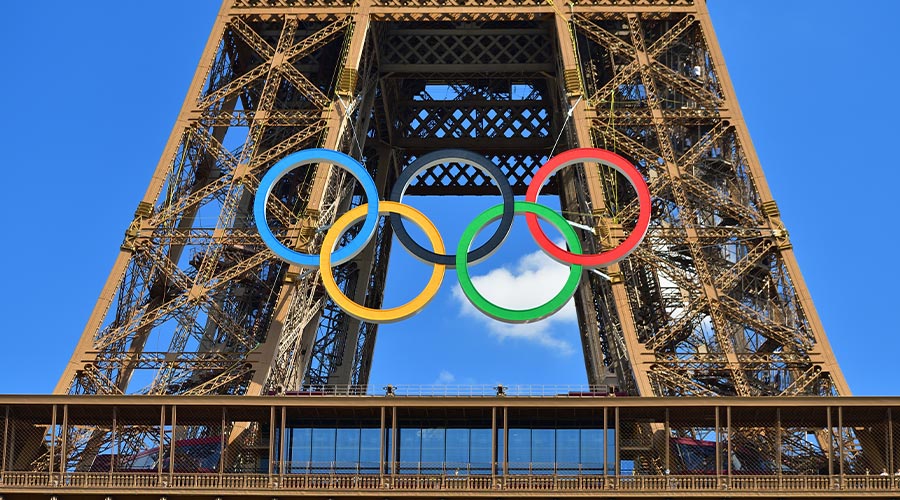
Contributed by Ashkin Group
The Paris Olympics, currently in full swing until August 11th, is setting new benchmarks for environmental consciousness and sustainability.
With over 11,200 athletes competing and 326,000 spectators cheering them on, these games have historically had a significantly negative environmental impact. However, with meticulous planning and innovative strategies, the Paris organizers have slashed these impacts by half compared to the previous games in London 2012 and Rio 2016.
Steve Ashkin, internationally known as the "father of green cleaning, says this is a "remarkable achievement which will encourage future Olympic organizers to do the same."
As to how this was accomplished, Ashkin points to the following:
• Approximately $1.5 billion was spent to clean up the heavily polluted Seine. This will pay dividends for decades, protecting marine life and vegetation along the river.
• Instead of constructing new buildings for the Olympics, more than $3 billion was spent to upgrade existing sports facilities and related infrastructure, reducing greenhouse gas emissions considerably.
• The Olympic Village, located in a low-income section of Paris, will be transformed into residential apartments after the games, generating 47 percent fewer gas emissions than constructing new apartments.
• The only new sports venue constructed, the Aquatics Center, was built using bio-sourced materials, reclaimed and recycled products, and powered by one of France's largest urban solar farms.
• No diesel generators are allowed. At the London games, more than four million liters (about 11 million US gallons) of diesel was burned, primarily by media outlets to broadcast the Olympics. In Paris, all media outlets must use low-carbon energy provided by the local energy utility company.
• Reusable plastic cups will be required, replacing more than thirteen million disposable (non-reuse) plastic cups used in London.
• The planners purchased 1.4 million carbon credits to protect forests in Kenya and Guatemala and expand renewable electricity capacity in Senegal.
However, according to Ashkin, "the biggest thing they did was to create sustainability and environmental standards for the Olympic games going forward. For that, Paris definitely deserves the Gold. "

 Celebrating BSCAI's 60th Anniversary eBook
Celebrating BSCAI's 60th Anniversary eBook The Down and Dirty on Cleaning in Virus Season
The Down and Dirty on Cleaning in Virus Season How Surfactant Use is Expanding in Commercial Cleaning
How Surfactant Use is Expanding in Commercial Cleaning